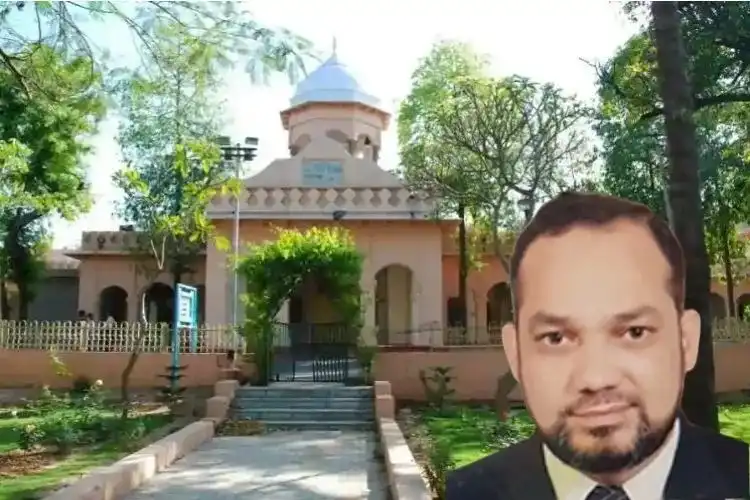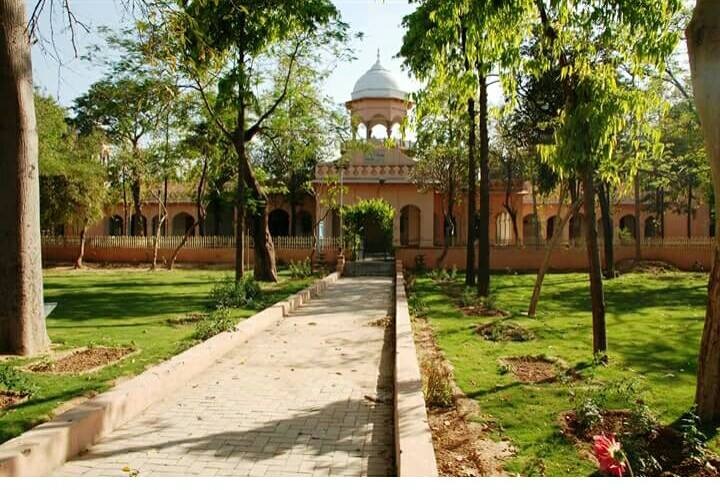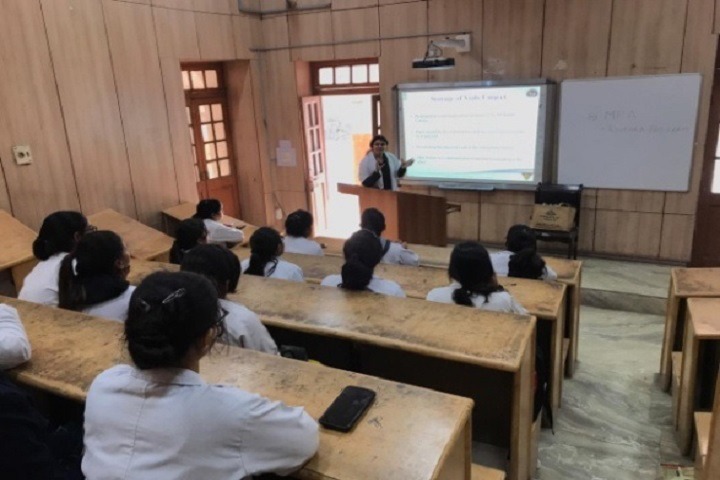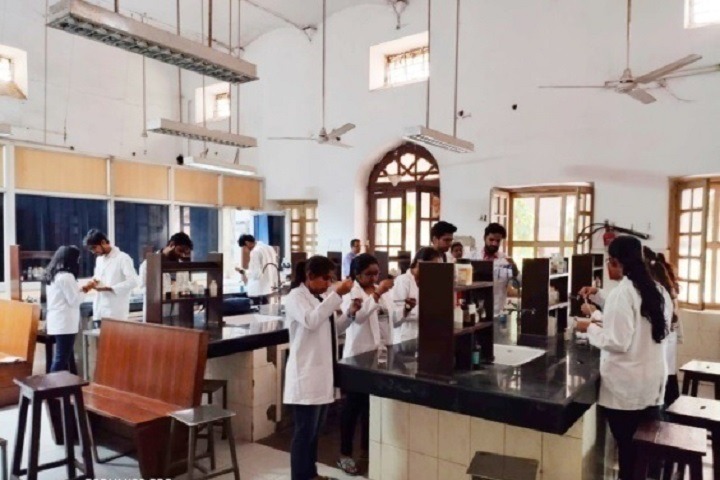Sabir Hussain/New Delhi
The 100-year-old Ayurvedic and Unani Tibbia College and Hospital in New Delhi, better known as Tibbia college is a sprawling facility with an old-world charm that draws about 1,000 patients six days a week seeking treatment for a range of ailments.
It was one of the hospitals in Delhi that had been turned into a Covid care centre. Its principal, Dr. Mohammad Zubair who took charge of the institution in the middle of the Covid-19 scourge, said that the pandemic has changed the profile of Tibbia college.
“Although the Covid-19 pandemic was a devastating one, it was a good platform for Tibbia college. Our hospital was turned into a major Covid care centre under the AYUSH system. We have 25 ICU beds. One thousand patients were treated here and there was only one casualty,” he told Awaz-The Voice.
While Tibbia College burnished its reputation during the pandemic, it continues to render service with free treatment and medicine.
“We do not have emergency treatment like in other large hospitals. But normal treatment is very good. The treatment and medicines are free.”
Ayurvedic and Unani Tibbia College and Hospital, New Delhi
The medicines are procured from different producers and dispensed from its pharmacy. The hospital remains open six days a week draws about 1,000 patients to the OPD.
“Most cases in this hospital are about fistula, skin diseases like vitiligo, abdominal disorders, and orthopedic problems. Major hospitals like LNJP and AIIMS also refer patients with joint problems to us,” Dr. Zubair said.
In some cases, the hospital becomes the last resort for desperate patients.
“In one particular case, a patient was referred to us by a major hospital in Delhi. The patient had an infection on one foot that refused to heal despite years of treatment and was in danger of amputation. We used leech therapy where leeches are used to draw infected blood from the patient. After about eight sessions, the patient recovered and there was no need for amputation,” he said.
A classroom in Ayurvedic and Unani Tibbia College and Hospital
The Tibbia College and Hospital, pioneered by India’s greatest Unani practitioner Hakim Ajmal Khan, also performs a range of surgeries, although minor ones, for hernia, fistula, and hydroseal problems.
Dr. Zubair believes that the AYUSH system of medicine has a bright future in India.
“I think the profile of the AYUSH system of medicine went up following the pandemic. In any case, the government is actively promoting it. Our graduates can practice directly as soon as they are qualified but have to register with Delhi Bharatiya Chikitsa Parishad (DBCP). Some become research officers at Central Council for Research in Siddha (CCRS) and the Central Council for Research in Unani Medicine (CCRUM). So, it helps with employment as well as increasing the footprints of this system of medicine and makes it more accessible to a larger number of people. And compared to general hospitals and private treatment, Unani and Ayurvedic treatments are also cheaper.”
Muslims dominate the faculty in the Unnai division while Hindus are a majority in the Ayurveda division.
Dr. Zubair has an explanation for it.
“Most of the texts in Unani medicine are in Urdu, Arabic, or Persian which is why it is Muslims who are more familiar with these languages take it up. But non-Muslims who are familiar with any of these languages also take up Unani. Ayurvedic texts are largely Sanskrit so it is natural that Hindus are mostly into it.”
Inside a laboratory in Ayurvedic and Unani Tibbia College and Hospital
Unani is a comprehensive medical system, which meticulously deals with the various states of health and disease and provides promotive, preventive, curative and rehabilitative healthcare. It incorporates the use of herbal remedies, dietary practices and regimental therapies.
Ayurveda is an ancient Indian medical system based on ancient writings that rely on a “natural” and holistic approach to physical and mental health. Ayurvedic medicine is one of the world’s oldest medical systems and the treatment combines products (mainly derived from plants, but may also include animal, metal, and mineral), diet, exercise, and lifestyle.
There are 75 seats each in the Unani and Ayurveda streams at Tibbia college. In post-graduation, there are 18 seats in Ayurveda and 13 in Unani. Fifteen per cent of the PG seats are reserved for the All India quota while 85 per cent are from the Delhi quota since it functions under the Delhi government.




